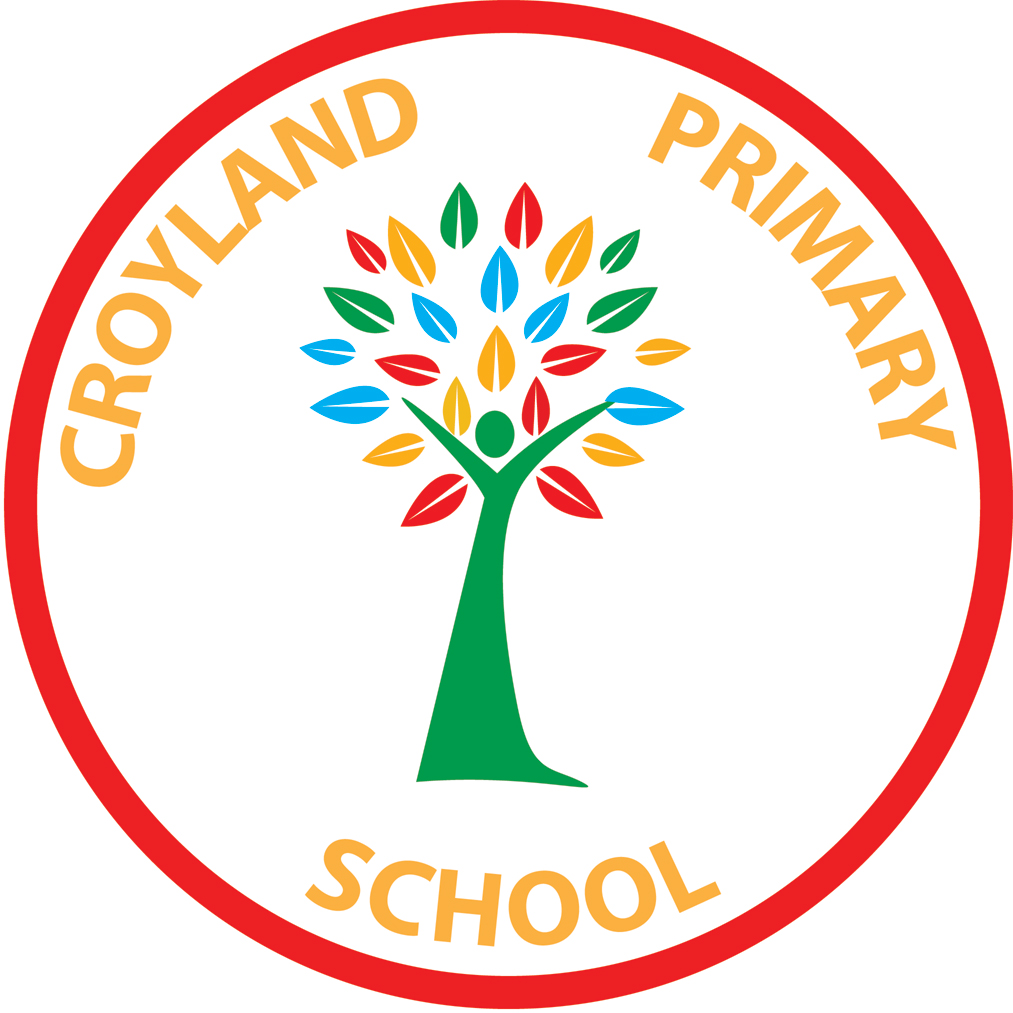Mathematics
To build in our pupils, a long term motivation towards learning and doing maths. Pupils in Croyland demonstrate a can do attitude and enjoy mathematical challenge.
Maths at Croyland
Mathematics is a creative and highly inter-connected discipline that has been developed over centuries, providing the solution to some of history’s most intriguing problems. It is essential to everyday life, critical to science, technology and engineering, and necessary for financial literacy and most forms of employment. A high-quality mathematics education therefore provides a foundation for understanding the world, the ability to reason mathematically, an appreciation of the beauty and power of mathematics, and a sense of enjoyment and curiosity about the subject.
The national curriculum for mathematics aims to ensure that all pupils:
- become fluent in the fundamentals of mathematics, including through varied and frequent practice with increasingly complex problems over time, so that pupils have conceptual understanding and are able to recall and apply their knowledge rapidly and accurately to problems
- reason mathematically by following a line of enquiry, conjecturing relationships and generalisations, and developing an argument, justification or proof using mathematical language
- can solve problems by applying their mathematics to a variety of routine and non-routine problems with increasing sophistication, including breaking down problems into a series of simpler steps and persevering in seeking solutions.
At Croyland Primary School we follow the White Rose Maths programming, teaching across three terms in blocks to deepen understanding. Teachers draw on a range of resources we have available to create the best possible learning environment for our pupils, moving the children from the stages of concrete to pictorial and lastly to abstract. Consolidation weeks are also built into each term to revisit outcomes that have been identified as needing further development.
Fluency, reasoning and problem solving is a part of every lesson and the use of mathematical vocabulary, reasoning prompts, sometimes always never cards, convince me cards and other resources enable the children to deepen their understanding of a concept. Mathematics lessons are delivered in Key Stage 1 and 2, 4 times per week following the White Rose schemes of learning. There is also an additional hour for both mental maths and written method practice.
